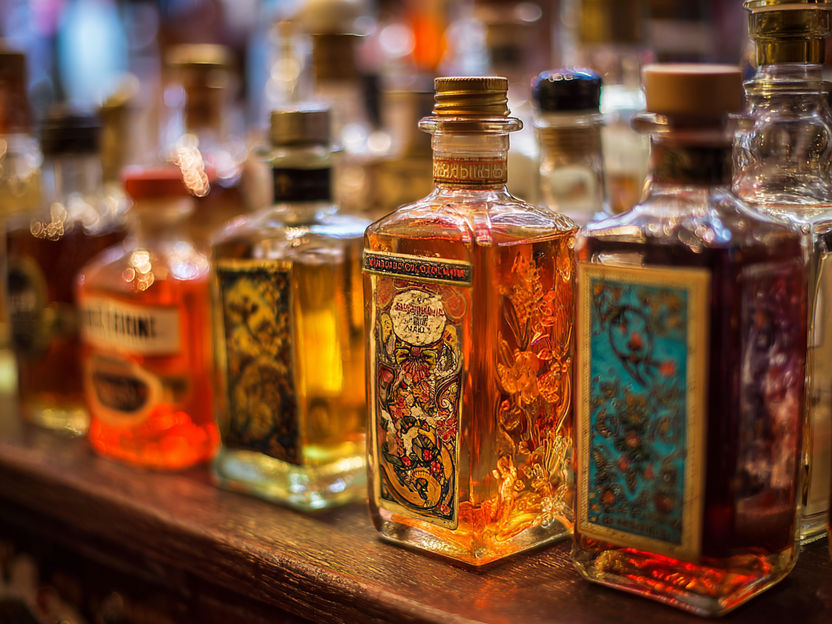BSI and spiritsEUROPE regret that the "zero-to-zero agreement" for spirits was not reintroduced immediately
EU spirits exports to the USA have been subject to a 15 percent duty.
Advertisement
Despite the entry into force of the tariffs, the BSI advocates further efforts on both sides to achieve a "zero-to-zero regulation" for spirits. The new tariff cap of 15 percent leads to a significant competitive disadvantage and restricts consumer choice. This undermines growth, investment and innovation on both sides of the Atlantic. "In this respect, the BSI continues to make an urgent appeal for the reintroduction of the 0:0 tariff agreement," said Angelika Wiesgen-Pick, Managing Director of the BSI.

Symbol image
AI-generated image
Created in 1997, the zero-for-zero rule eliminated tariffs on virtually all spirits traded between the EU and the US. It proved to be a strong driver of economic exchange, increasing transatlantic trade in spirits by 450% between 1997 and 2018 and promoting reciprocal investment. It also strengthened cultural and economic ties between the EU and US sectors. German and European spirits have enjoyed strong demand from American consumers, which has contributed to significant growth and job creation in both the spirits industry and the retail and hospitality sectors in both regions.
BSI urges the U.S. and EU to return to the negotiating table as soon as possible and continue to advocate for the full restoration of the "zero-for-zero agreement" on spirits, including a permanent lifting of U.S. tariffs on EU spirits and the full lifting of all suspended EU retaliatory measures on U.S. spirits.
"Only a 0:0 tariff framework for spirits between the US and the EU can unlock the full potential of the shared spirits industry and safeguard the many jobs on both sides of the Atlantic - from farmers, distillers and spirits producers to logistics, retail, hospitality and the suppliers of glass, barrels, etc.," said Angelika Wiesgen-Pick.
Note: This article has been translated using a computer system without human intervention. LUMITOS offers these automatic translations to present a wider range of current news. Since this article has been translated with automatic translation, it is possible that it contains errors in vocabulary, syntax or grammar. The original article in German can be found here.




























































